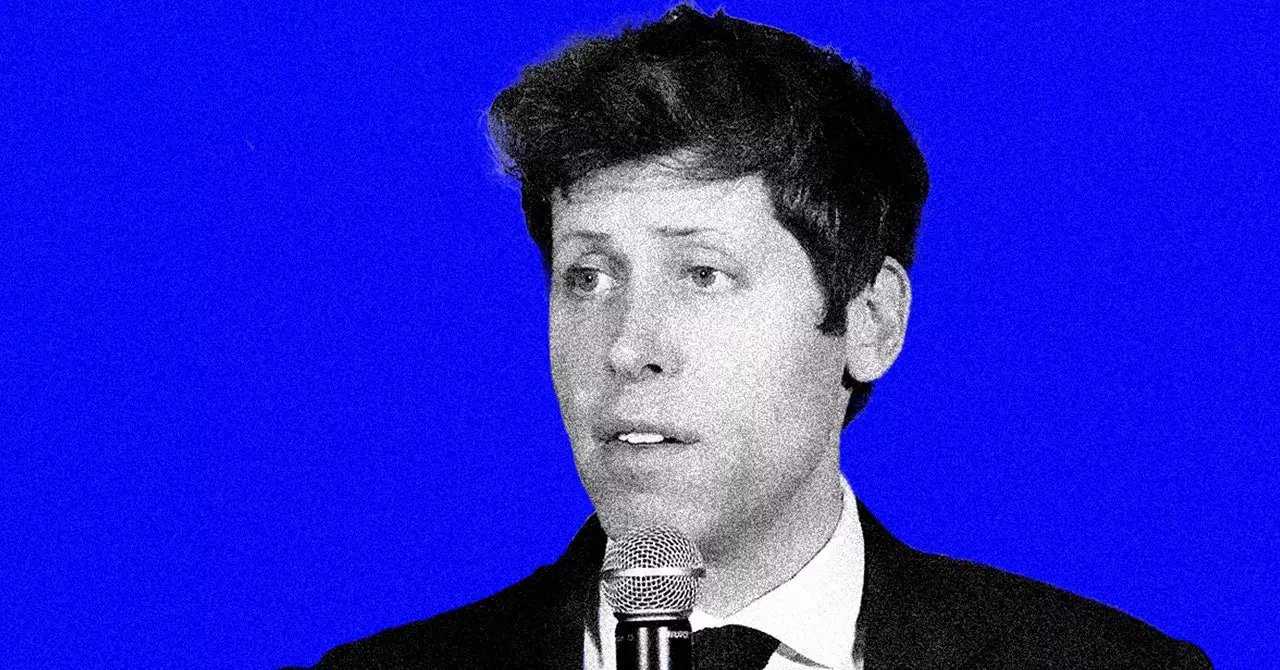In recent months, OpenAI has made significant strides by introducing Custom GPTs—an innovative feature that allows users to develop tailored experiences using its GPT-3 technology. By lowering the barrier for entry with a low-code approach, OpenAI anticipates that unconventional creators, such as educators and coaches, will unlock the potential of AI in their respective fields. This groundbreaking initiative not only expands the overall utility of ChatGPT but also democratizes AI development for a broader audience.
Launched in January 2024, the GPT Store provides a platform where users can explore and interact with a myriad of custom GPT applications. OpenAI has implemented a revenue-sharing program aimed at incentivizing creators. For U.S. developers, this program promises compensation linked to user engagement, a strategy intended to cultivate a thriving ecosystem of custom applications. Notably, developers like Nick Dobos have already capitalized on this opportunity, as evidenced by his GPT, Grimoire, which garnered significant user engagement, reportedly facilitating over two million conversations.
The promise of a guaranteed minimum payout, starting at $1,000 monthly, signals that OpenAI is serious about supporting its developer community. However, it’s worth noting that details surrounding the criteria for this revenue-sharing model remain vague. Transparency will be crucial as developers assess the sustainability of their projects under this financial framework.
While initial responses from developers have largely been positive, the lack of direct communication from some creators poses potential concerns regarding the program’s effectiveness and accessibility. For instance, Dobos declined to share further insights on his experience despite multiple inquiries. This silence may indicate either contentment with the current arrangement or a lack of engagement with the community on OpenAI’s part.
Conversely, Adrian Lin, an AI researcher based in Singapore, has embraced this platform to build his own products and run Adrian AI Lab. His journey exemplifies how GPTs can enable those without formal programming backgrounds to create meaningful applications. Lin’s Copywriter GPT, designed for drafting advertising copy, has seen substantial interaction, illustrating how personalized tools can meet specific market needs. However, as user-numbers grow, sustaining engagement and performance will require continuous refinement and support from creators.
The future of Custom GPTs appears bright, with the sheer number of unique applications expected to flourish. However, for OpenAI to foster a robust ecosystem, it must ensure that clarity and support for developers remain priorities. This includes updating frameworks, efficiently communicating revenue-sharing structures, and being available for mentorship as creators navigate the complexities of AI development.
While the launch of the GPT Store represents an exciting evolution in AI application development, the real test will be how OpenAI manages the growth of this community. Developers—especially those from nontraditional tech backgrounds—have a promising opportunity to innovate, but they will need consistent support and clarity from OpenAI to truly thrive in this burgeoning landscape.


Leave a Reply